Matt Cunningham opinion: Voice debate exposes cruelty
In the era of social media outrage, idiots are everywhere and particularly prominent on Twitter. But one outdid himself this week with a tweet about Warren Mundine and the Voice, writes Matt Cunningham.
Opinion
Don't miss out on the headlines from Opinion. Followed categories will be added to My News.
In a speech made to a graduating class at Northwestern University last month, Illinois Governor J. B. Pritzker warned students that if they wanted to be successful in life, they would need to develop an idiot detection system.
“The best way to spot an idiot? Look for the person who is cruel,” he said.
Pritzker explained that the human brain’s natural animal instinct was rooted in fear or judgement and that we had survived as a species by being suspicious of things we are not familiar with.
Empathy and compassion, he said, were evolved states of being.
“They require the mental capacity to step past our most primal urges.”
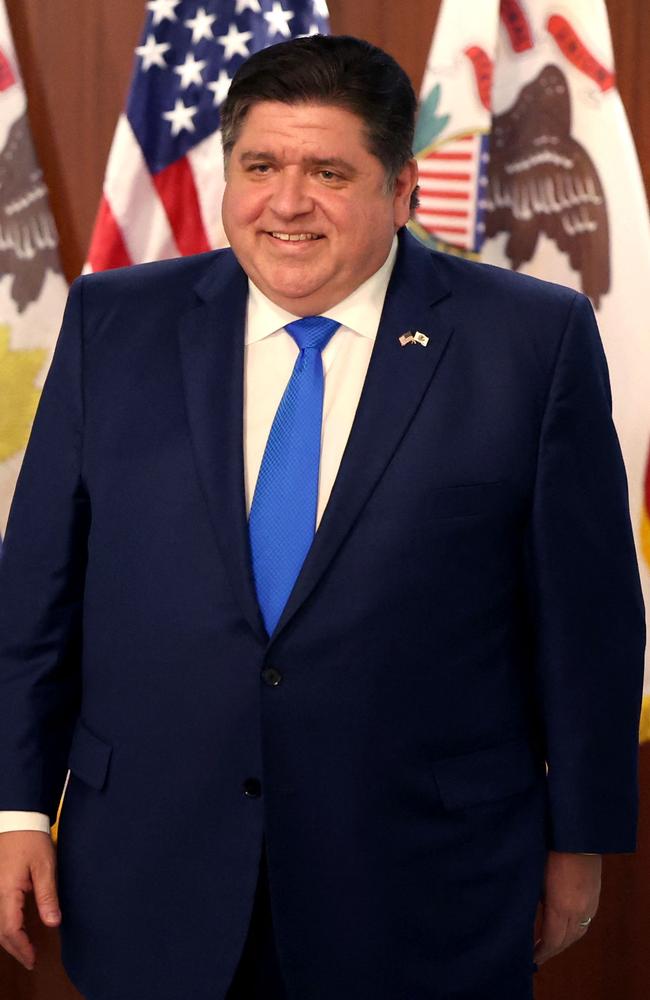
In the era of social media outrage, idiots, by Pritzker’s definition, are everywhere.
They’re particularly prominent on Twitter, the narcissist’s playground where the best way to attract attention is to say something outrageous.
But former Channel 10 reporter Paul Bongiorno outdid himself this week with a tweet about Warren Mundine, who is campaigning against an Aboriginal and Torres Strait Islander Voice to Parliament.
Mundine sat down for an interview with me for a special Sky News documentary, The Voice: Australia Decides, which went to air on Tuesday night.
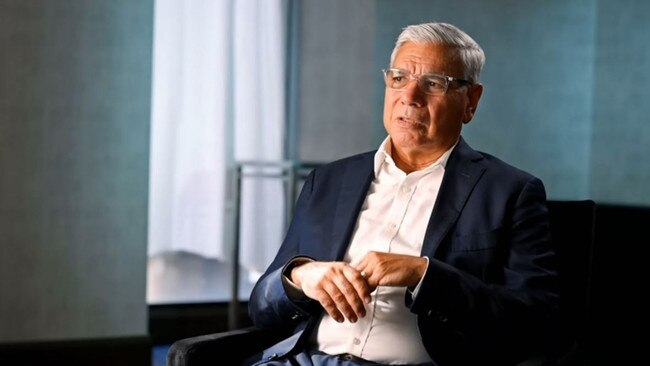
During our interview he revealed he had been so deeply affected by some of the abuse he had been subjected to for opposing the voice, that he had twice attempted to take his own life.
His comments attracted sympathy and support from most people.
Noel Pearson – who Mundine later identified as one of the people who had abused him – said the situation was “heartbreaking” and described Mundine as a good man, even though they are on opposite sides of the voice debate.
Bongiorno, however, dismissed Mundine’s revelation as a stunt.
“This is transparent, blatant politics,” he tweeted.
“Hardly worth a second of sympathy. Only the gullible and opportunistic racists will fall for it.”
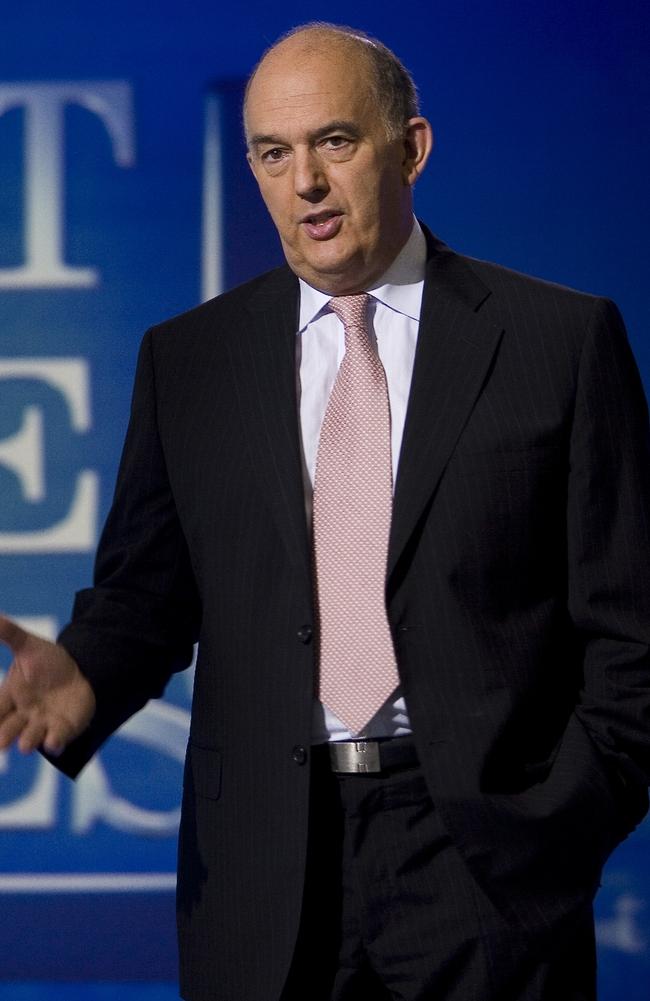
Well, colour me a gullible and opportunistic racist, but I believed him.
There are some things that need to be pointed out here.
Mundine’s comment came about three-quarters of the way through an hour-long interview that covered everything from his childhood to the reasons for his opposition to the voice, and the divisiveness of the referendum campaign.
He had at first laughed off the abuse that is directed his way, and only when pushed did he reveal he had tried to take his own life.
To suggest this was a pre-determined revelation is not just offensive, it’s wrong.
The voice debate has become heated and divisive. And it’s not just the No campaigners in the firing line.
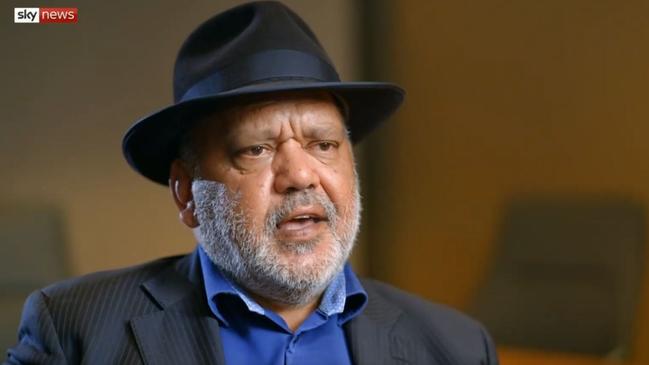
The Australian Financial Review earlier this month published a disgraceful cartoon authorised by Advance Australia which depicted Yes campaigner Thomas Mayo appearing to dance for money from Wesfarmers chairman Michael Chaney.
It was racist, offensive and unfunny. Mayo’s response was graceful and dignified.
“I’ve been working on this for six years now, dedicating every day of my life for six years to achieving this change,” he said.
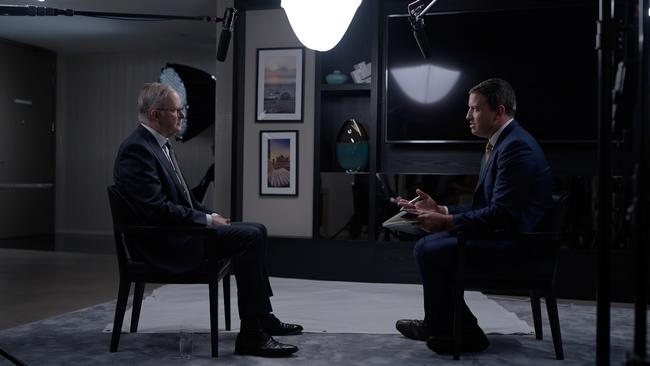
“I know it’s important to Aboriginal and Torres Strait Islander people, to my family, to my children, to my neighbours and friends. That makes me strong, that makes me determined. It’s my own sense of fairness that drives me.”
The last time this country held a referendum was in 1999.
There was no Facebook or Twitter.
No platforms for otherwise irrelevant fools to shout their insignificant opinions in search of a few likes or retweets.
How times have changed.
It’s little wonder the voice referendum is being described as one of the most heated and divisive in our history.
It’s hard these days for any debate about anything to be otherwise.
But at least now, thanks to J. B. Pritzker, we know how to spot the idiots.





